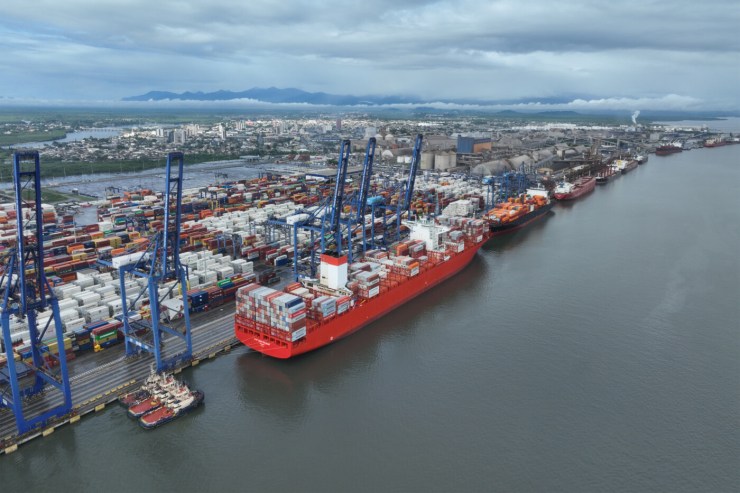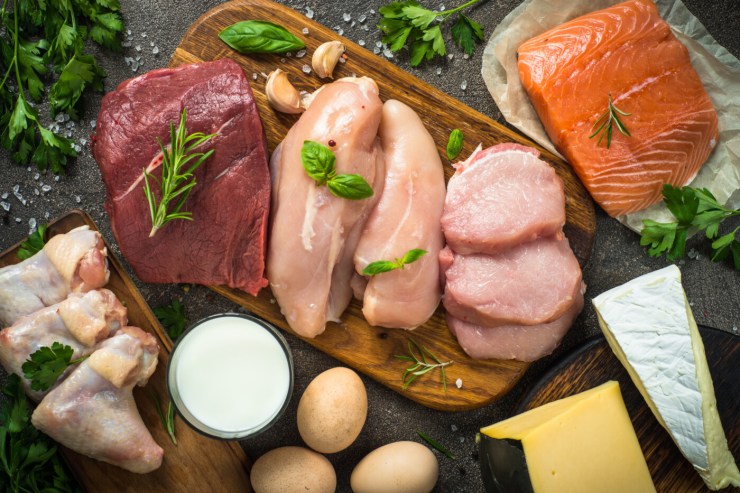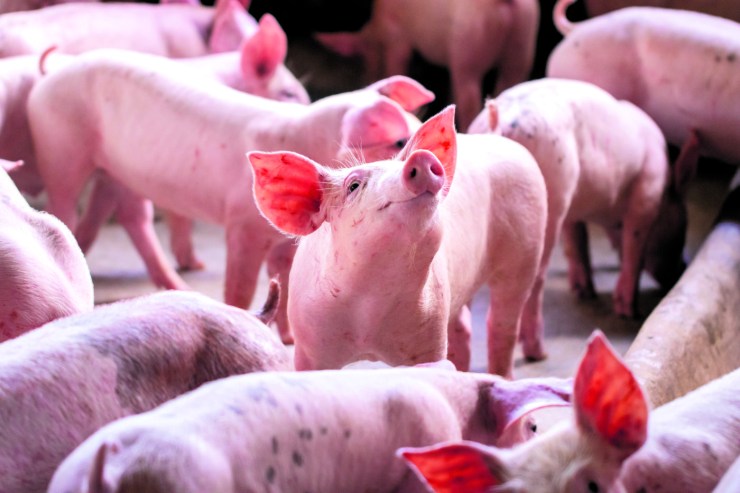A study by the Market Intelligence department of the Arab Brazilian Chamber of Commerce shows that Brazil may have Arab countries as the destination for some of the products impacted by the tariff increase imposed by the United States. On Wednesday (06), the 50% tax on Brazilian products entering North American soil came into effect, which could even make their sale in the world's largest economy unfeasible.
The Arab Brazilian Chamber's survey only considers products and sectors included in the tariff hike imposed by US President Donald Trump. Therefore, items exempt from the tariff in a more recently announced list of exceptions, such as small and medium-sized aircraft, orange juice, crude oil, and chemical wood pulp, among others, are excluded from the survey.

Photo: Freepik
The study was developed with the aim of finding "paths" for Brazil to increase its exports to Arab countries. President of the Arab Brazilian Chamber, William Adib Dib Junior, stated that the increase in tariffs in the United States opens the opportunity for exporters to find a new market in the Arab countries. "These markets will be loyal, because the Arab market is more loyal and more conservative. The tendency is for these new relationships to be maintained. Even if some change in tariffs occurs, whether under the Trump administration or in the future, I believe these doors will remain open during this difficult time," he stated.
Dib said there is room for Brazilian products that don't reach the Arab world, such as iron and steel byproducts, but he believes the main opportunities lie in increasing the volumes of what the Arabs already buy.
Initially, Trump imposed a tariff of 10% on Brazilian products entering the United States, an amount that was increased by another 40% in an announcement made on July 9th. Among his justifications, Trump cited legal issues—which are not within the Executive Branch's jurisdiction—involving former Brazilian President Jair Bolsonaro and an alleged deficit the United States would have in transactions between the two countries. This bilateral trade, however, is a surplus for the United States and a deficit for Brazil, although the United States' margin of profit is shrinking.
According to the data presented in the Arab Brazilian Chamber study, which uses statistics from the Ministry of Development, Industry, Trade and Services (MDIC) and the United Nations, in 2024, Brazil exported US$1,500,000 million and imported US$1,500,000 million from the United States, registering a deficit of approximately US$1,500,000 million. In 2022, Brazil exported US$1,500,000 million and imported US$1,500,000 million, representing a deficit of US$1,500,000 million.
The main products exported by Brazil to the United States are crude petroleum oils, semi-manufactured iron or steel products, coffee, chemical pulp from non-coniferous woods, unalloyed pig iron, light petroleum, small and medium-sized aircraft, beef and orange juice.
In its relations with the 22 consolidated Arab countries, Brazil has recorded a growing surplus. In 2022, Brazil exported US$17.7 billion and imported US$15.03 billion, resulting in a surplus of US$2.68 billion. The following year, the positive trade balance rose to US$8.66 billion, reaching a record US$13.4 billion in 2024. This trade is based on commodities trade, with Brazil exporting mainly sugar, beef, chicken, and grains.
Based on the new tariffs, the document presents a list of the main products exported to the United States in the last five years that could find – or expand – their market in the Arab world.
Study selects three nations with potential to absorb each product:
Saudi Arabia, Kuwait and Algeria offer opportunities for semi-finished products of non-alloy iron or steel.
While unroasted coffee could have more market share in the Saudi Arabia, Algeria and Egypt.

Saudi Arabia and Egypt, in addition to the United Arab Emirates, could be the destination for shipments of refined petroleum and frozen beef.
While Egypt, Emirates and Morocco are potential markets for semi-finished products of other steel alloys.
Bulldozers and angledozers, loaders and front-end loaders, sugar, softwood, doors and their wooden frames and sills, floor levelers, other plywood made of sheets of wood less than 6 mm thick, and sawn or split pine wood more than 6 mm thick are other products exported to the United States with potential to be explored in Arab countries.
The document also presents the average tariff applied by Arab countries on products that now face a 50% tariff upon entry into the United States. Coffee, for example, has a tariff of 0%, while beef is taxed between 0 and 6%, pine lumber thicker than 6 meters between 0 and 5%, and semi-finished iron/steel products between 0 and 12%, depending on the country. Sugar has a tariff of between 0% and 20% in Arab countries, refined petroleum, bulldozers, angle dozers, and soil levelers, have fixed rates of 5%, and loaders and wheel loaders, have rates between 5% and 6%.
Other plywood with a thickness of less than 6 m is taxed from 5% to 10%, semi-finished products of steel alloys, between 5% and 12%, coniferous wood between 5% and 20%; and doors and their frames and thresholds of wood, between 5% and 30%.
Path in search of new markets
The document presents a work plan that can be explored to help these products find a market or expand their presence in Arab countries. It outlines actions in three "pillars": raising awareness to engage with the new dynamics of international trade; diversifying trade through the organization of international missions and attracting investment; and facilitating trade through the removal of barriers, the issuance of business visas, and the acceleration of agreements already under negotiation between Arab countries and Mercosur.

Photo: Claudio Neves
This week, Arab Chamber executives will hold a series of meetings with government agencies, representatives of the Brazilian legislature and Arab diplomats in Brasília.
On these occasions, they will present the institution's survey and discuss the opportunities that arise from this moment. "These are different countries, with different customs, and this is where the Chamber can help, not only the entrepreneur, but also the government, which can direct this market through either government or business missions. We have several options to provide them with some security and some ease. Whether through consulting or even company presentations, buyers and sellers, we are able to help and provide peace of mind to small and medium-sized entrepreneurs who need to find a destination for their products," said Dib.




